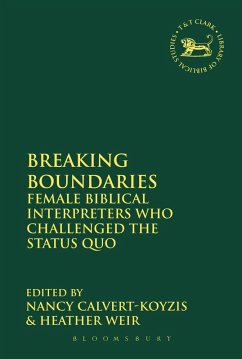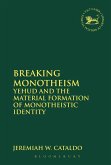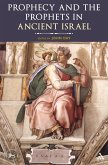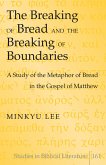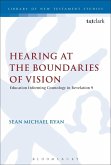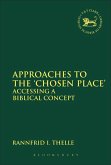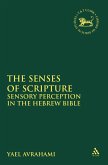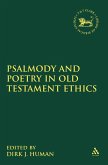While people often believe that the feminist movements in Britain and North America began in the late twentieth century, this is certainly not the case. Women throughout the centuries have sought to break out of the constraints that their societies deemed appropriate for them. For interpreters in the Christian tradition, this often meant examining biblical texts that had been understood in ways that demeaned women and using their interpretations to encourage women to break out of their culturally proscribed spheres.
The essays in this volume are drawn from the Recovering Female Interpreters of the Bible Consultation at the SBL Annual Meeting and from sessions on female interpreters of Scripture at the Canadian Society of Biblical Studies. The essays address female interpreters of the Bible such as Eudocia and Anna Jameson whose publications have been largely ignored in the fields of the history of biblical interpretation and reception history. Through their publications these women used their interpretive and theological skills to break the boundaries that previous interpretations of the Bible and their societies imposed upon them.
The essays in this volume are drawn from the Recovering Female Interpreters of the Bible Consultation at the SBL Annual Meeting and from sessions on female interpreters of Scripture at the Canadian Society of Biblical Studies. The essays address female interpreters of the Bible such as Eudocia and Anna Jameson whose publications have been largely ignored in the fields of the history of biblical interpretation and reception history. Through their publications these women used their interpretive and theological skills to break the boundaries that previous interpretations of the Bible and their societies imposed upon them.
Hinweis: Dieser Artikel kann nur an eine deutsche Lieferadresse ausgeliefert werden.

